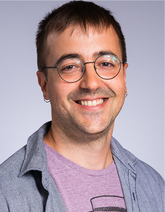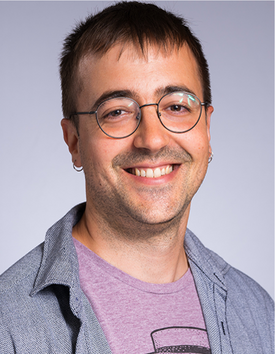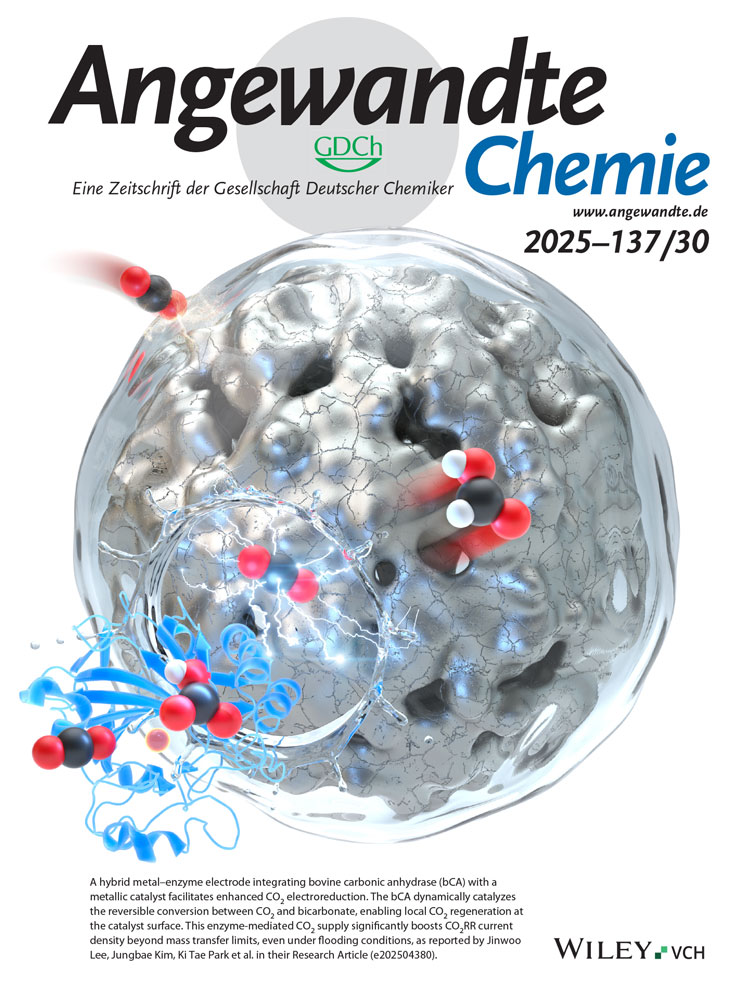Oriol Planas
Graphical Abstract
 |
Position, Location: | Assistant Professor, Imperial College London (UK) |
| Homepage: | https://planaslab.com/ | |
| ORCID: | orcid.org/0000–0003–2038–2678 | |
| Education: | 2008–2013, Undergraduate studies, Universitat de Girona (Spain) 2013–2018, PhD with Dr. Xavi Ribas and Dr. Anna Company, Universitat de Girona (Spain) 2018–2021, Postdoc with Dr. Josep Cornella, Max Planck für Kohlenforschung, Mühlheim a.d. Ruhr (Germany) |
|
| Research: | Organometallic chemistry, main group, heavy elements, first-row transition metals | |
| Hobbies: | Sports in general, playing bass guitar player, and supporting FC Barcelona |
Modern science needs to focus on sustainability, not just as a goal, but as a principle embedded in how we design, fund, and assess research.
The most important future applications of my research are hopefully getting rid of noble metals in both academic and industrial settings—something many in the field are pursuing.
If I were a piece of lab equipment, I would be a glovebox because I'm sensitive, need my own space and occasionally beep for no reason.
My favorite job in the lab is talking to my group members about chemistry and discussing how to move it forward. There is nothing more rewarding than seeing them grow as scientists and start developing their own ideas with confidence and independence.
A valuable resource for me to keep up with research in my field is Feedly—a great RSS platform to skim through recently published literature while having a coffee in the morning.
My favorite thing about my lab group is their curiosity. Nothing beats hearing, “I saw this weird thing…” followed by a whiteboard session.
I advise my students to embrace failure—it's an essential part of discovery and often where the most important lessons are hidden.
The most important quality of a role model is empathy—the ability to listen, understand, and support others while leading by example.
I recharge my batteries by going to gym and losing myself in a good podcast, anything that clears the mind.
My motto is:“Not every retreat is a defeat.” A reminder that stepping back can be strategic, not a sign of failure.
In retrospect I would never again trust that someone else “definitely dried the glassware.”
My favorite time of day is at night, when the world sleeps. That's when ideas settle, writing flows, and thoughts have space to stretch.
If I were stranded on a desert island and could have only one book, I would choose The Silmarillion by J. R. R. Tolkien because I would finally have enough time to finally understand the family tree of the Elves.
My favorite quote is from Nikola Tesla, and it is printed on my PhD thesis: “The scientific man does not aim at an immediate result. He does not expect that his advanced ideas will be readily taken up. His duty is to lay the foundation for those who are to come, and point the way.”
My favorite podcast is Crims, a true-crime Catalan podcast. Gripping storytelling, and a reminder of how real life can be stranger than fiction.
Behind the Science
This work emerged from curiosity-driven discussions in our group about using electronically distinct pnictinidenes in redox catalysis. The idea was developed collaboratively by Selwin, my first PhD student, Sergio, an exceptional postdoc, and Diego, a brilliant computational chemist. The biggest surprise was the stability of the zwitterionic low-valent species and their potential to enable redox catalysis across other main-group elements—something we're now actively exploring. A key challenge was controlling decomposition pathways and keeping our solvents dry enough to work with carbene ligands! The project combined synthesis, spectroscopy, computation, and reflects a true team effort from start to finish.
The author presented on this page has published his first article as a submitting corresponding author in Angewandte Chemie:
“Zwitterionic Heavier Pnictinidenes in Redox Catalysis”: S. Fernando, Y. C. Chan, S. Fernandez, E. Sabater, G. Tizzard, S. J. Coles, D. M. Andrada, O. Planas, Angew. Chem. Int. Ed. 2025, 64, e202505697.
International edition: DOI: 10.1002/ange.202514625
German edition: DOI: 10.1002/ange.202514625





